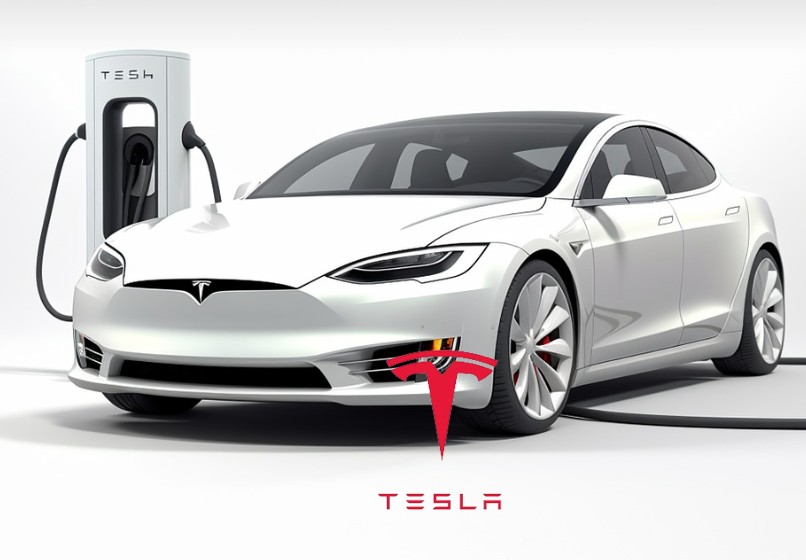$TSLA $SPX $BTC
#Tesla #ElonMusk #PayPackage #StockMarket #Compensation #USHistory #ExecutivePay #BusinessNews #Finance #Corporategovernance #TechStocks #Musk
Elon Musk, the chief executive of Tesla, has faced a legal setback as his bid to reinstate a controversial $56 billion pay package was rejected. This compensation plan, originally granted in 2018, remains the largest of its kind ever approved for the CEO of a publicly traded company. The massive payout, tied directly to Tesla’s performance metrics, was designed as a bet on Musk’s ability to transform the automaker into a global behemoth. However, legal challenges from shareholders have placed this compensation plan under significant scrutiny, arguing it disproportionately benefits Musk at the expense of other stakeholders.
The decision to deny the reinstatement of this pay package sheds light on broader issues in corporate governance, notably the checks and balances in evaluating executive remuneration. Tesla’s board initially justified the package by highlighting the high risk and innovation-driven strategy Musk brought to the company. Yet, critics argue that the magnitude of the payout risks misalignment between shareholder interests and executive incentives. Market watchers have viewed this ruling as a signal to boards of directors across industries, underscoring the need to rein in excessive compensation structures tied to unpredictable performance outcomes. Tesla shares ($TSLA) saw some intraday volatility but ultimately ended the day moderately stable, reflecting market uncertainty about the court’s ruling impact on Musk’s leadership and the company’s long-term strategy.
From an investor perspective, the removal of such an extraordinary pay package may allay concerns over corporate governance but could also raise questions about Musk’s continued motivation. Historically, Musk’s vision and leadership have been central to Tesla’s meteoric growth, with Tesla’s market cap surging sharply over the last five years. However, shareholders are now increasingly interested in sustainable metrics such as profitability, cash flow, and production efficiency rather than aggressive stock price-driven incentives. Institutional funds with ESG (Environmental, Social, and Governance) mandates might view this development favorably, as it aligns with demands for greater transparency and equity in executive pay.
The ripple effects of this legal conclusion are likely to extend beyond Tesla. The decision serves as a stark reminder to companies with charismatic leaders and bold executive payouts that such compensation practices are not above scrutiny. The wider market could see new precedent-setting implications, creating room for reforms in how performance-linked executive compensation is structured. For Tesla, this particular chapter marks a critical juncture where it pivots from an era of high-growth promises to delivering consistent results. Investors will keenly watch how this decision influences Musk’s focus on Tesla amid his growing portfolio of responsibilities, including his leadership roles at SpaceX, Neuralink, and X (formerly Twitter).











Comments are closed.